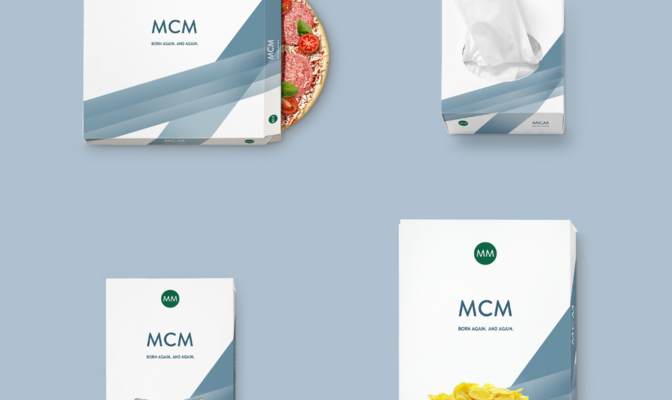Cartonboard industry reduces CO2 footprint still further
31.12.2015 - Sustainability
Good news for the environment: The latest figures show a further improvement in the CO2 footprint of the European cartonboard and folding carton industry. Due to a reduction of 3 % in 3 years, the carbon footprint now stands at 885 kg of CO2 equivalent per tonne of converted cartonboard and is significantly compensated by the sequestration of -730 kg biogenic CO2. With this result, cartonboard has
3 % reduction in carbon footprint in just 3 years
Besides the product benefits and economic advantages it offers, cartonboard also represents a particularly sustainable packaging solution from an ecological viewpoint: it is based on renewable resources, showing the highest collection and recycling rate and – with 885 kg of fossil fuel CO2 emissions per tonne of cartonboard produced and converted – absolutely low CO2 values within the value chain.
The responsible use of resources, particularly energy, and the increased use of bio energy and optimised water consumption have contributed significantly to this positive development, and they show clearly that our industry is steadily improving its environmental performance.
The raw material of cartonboard are wood fibres – the renewable resource is made at MMK exclusively from sustainably managed forests. Growing trees capture and store CO2. When the wood fibres are processed to folding cartons, the CO2 continues to be stored. Also recycling of folding cartons keeps the CO2 locked up and prevents it from returning to the atmosphere. A study by the Swedish Environmental Research Institute IVL shows the link between folding carton consumption and the net carbon sequestration in sustainably managed forests in Europe. This is 730 kg biogenic CO2 per tonne, which are removed from the atmosphere by the use of folding boxes.
The Pro Carton approach: binding for Mayr-Melnhof Karton
In measuring the average CO2 footprint, Pro Carton is following the high demands contained in the scientifically well-founded CEPI framework (Confederation of European Paper Industry). This takes as its starting point a comprehensive, integrated approach to calculating the carbon footprint, beginning with the raw materials (cradle) and finishing at the exit gate of the folding carton producer (gate). In the process, the CO2 footprint reflects the entire value added chain of a product and therefore represents the total amount of carbon dioxide emissions (measured in CO2) and greenhouse gas emissions (measured in CO2 equivalents, CO2e) occurring directly and indirectly over the life cycle of a product. This means consumers can assess the environmental effects of the production process all the way to the finished folding carton product.
The figures published by Pro Carton clearly underline the positive contribution of cartonboard packaging to the subject of climate change and the environment.



